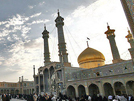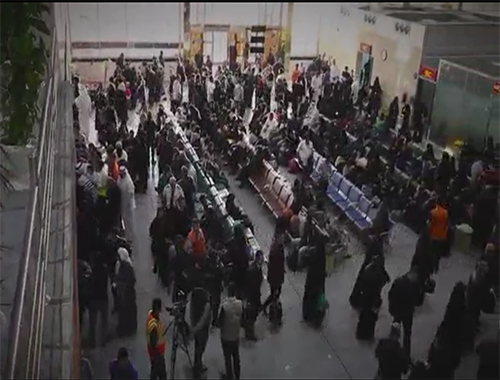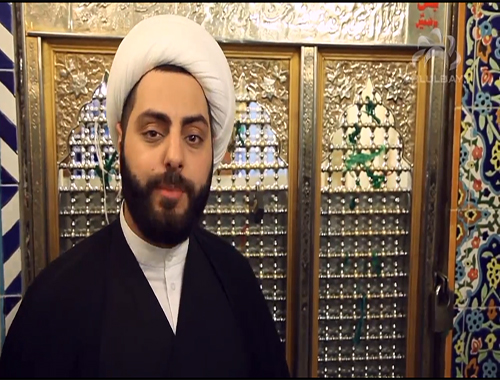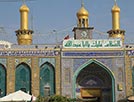2. The Need for the Sharī‘a
- Details
- Hits: 2126
2. The Need for the SharÄ«‘a
Man’s nature dictates that he can only function properly within a society. Human beings are interdependent by nature. This interdependency of human beings on each other is beautifully expressed in the following passage:
“The baker told me to bake my own bread; the tailor told me to cut and sew my own clothes; the shoemaker told me to make my own shoes; similarly, the carpenter, the engineer, the farmer, and all the labourers and workers told me to do everything by myself. It was then that I looked at myself and realized that I am naked, hungry and powerless with no shelter over my head, waiting for death to overcome me. It was then that I realized that I cannot survive without my fellow human beings; my survival depends on living in the society.”[19]
A society, however, depends for its existence on laws and regulations. If there are no laws in a society, it is overtaken by the law of the jungle: the struggle for existence and the survival of the fittest. So the need for laws to regulate the lives of human beings is beyond any doubt.
Islam teaches that because of the imperative need of laws for a civilized society, God has sent a series of messengers and prophets with divine laws for man's guidance from the very first day of his creation. The last Messenger was Prophet Muhammad (may peace and blessings of God be upon him and his family) who brought the final and the perfect set of laws, Islam, as a guide for mankind till the end of time.
Many people think that there is no need for God-made laws, we can make laws by ourselves. Islam believes that a human being is a very sophisticated creature; and since he has not made his own body, nor did he create the world in which he lives, he, therefore, is not the best candidate for making laws about himself. Common sense says that when you buy a complicated piece of equipment, like a computer, you should use it according to the ‘instruction manual’ prepared by the manufacturer of that particular machine. To learn the computer by trial and error is not the smart way. Similarly, God as the Creator of man and the earth knows better how the human being should live.
The ‘instruction manual’ that God sent for us is known as the Qur'Än. But the human being is not just any ordinary machine; rather he is more complicated than the most advanced computer a human can ever produce. So God did not only send the Qur’Än—He also sent an instructor known as Prophet Muhammad. The Prophet of Islam brought the Qur’Än to us and also provided practical examples in how to conduct our lives. According to Shi‘a Islam, after the Prophet, the Imams of Ahlu 'l-bayt are the protectors of the Qur’Än and the interpreters of its laws.











